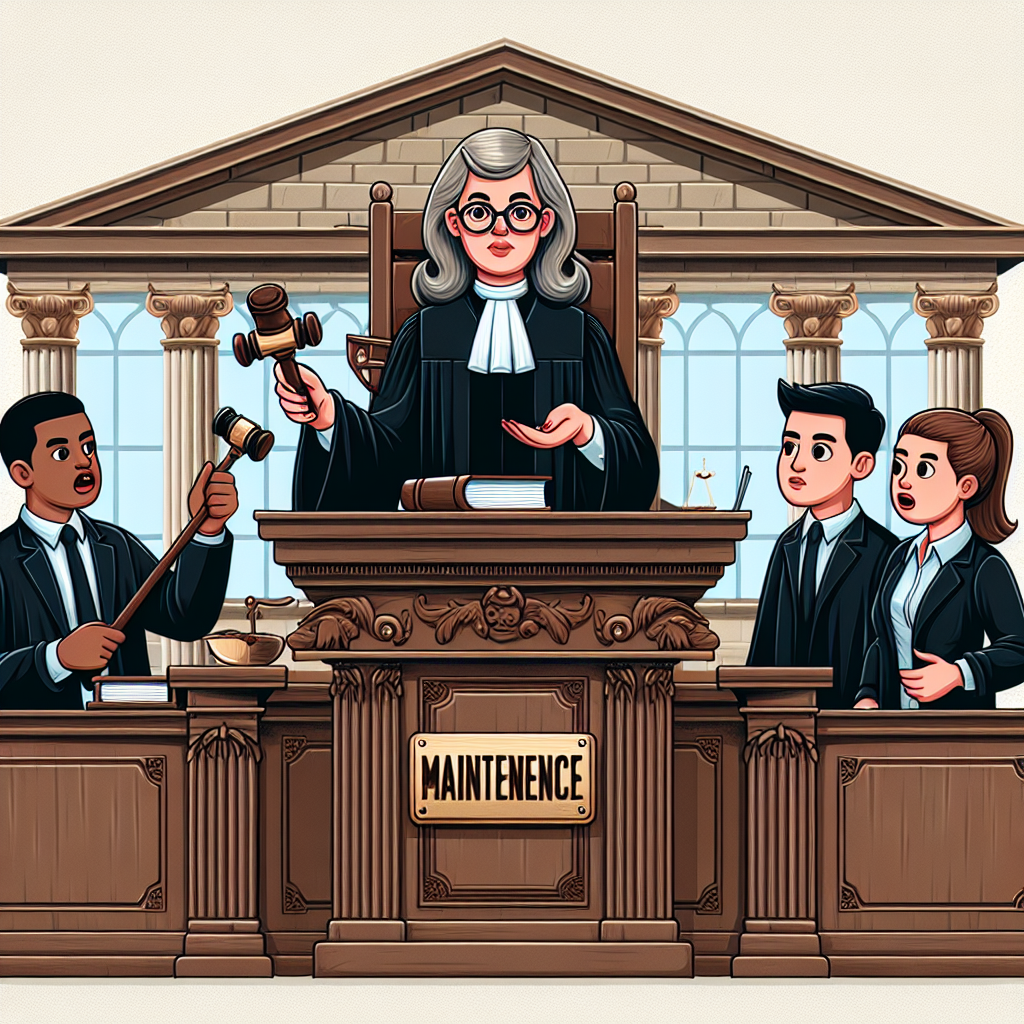Supreme Court Ruling and Election Impasse: PTI's Reserved Seats Controversy
The Supreme Court of Pakistan clarified its ruling, stating changes to election laws cannot reverse its decision granting reserved seats to PTI. This decision pressures the Election Commission of Pakistan (ECP) to implement the court's verdict despite legal amendments aiming to bar PTI-backed legislators.

- Country:
- Pakistan
The Supreme Court of Pakistan has reaffirmed its stance, asserting that legislative amendments to election laws cannot retroactively alter its judgment concerning reserved seats for the Pakistan Tehreek-e-Insaf (PTI). This decision intensifies the pressure on the Election Commission of Pakistan (ECP) to adhere to the court's ruling, elevating political tensions.
Previously, a 13-member bench ruled that PTI was entitled to seats reserved for women and non-Muslims. Despite the issuance of a clarification, the ECP has refrained from fully enforcing the ruling due to contentious amendments passed after the court's decision, which aim to prevent independent legislators from aligning with PTI.
The Supreme Court has warned that continued failure by the ECP to implement its verdict may have ramifications, emphasizing the binding nature of its judgment under the Constitution. The implication affects political dynamics, potentially complicating efforts by Prime Minister Shehbaz Sharif's coalition to secure a constitutional amendment.
(With inputs from agencies.)
ALSO READ
Piyush Goyal Calls for Renewal of India-Pakistan Trade Ties Amidst Tensions
Protest Standoff: Imran Khan's Supporters Clash with Authorities in Islamabad
Jaishankar to Attend SCO Meeting in Pakistan
Pakistan's Budget Boost for Military Amid Chinese Security Demands
Afghan Minister Criticizes Pakistan's Trade Barriers Amid Export Decline










